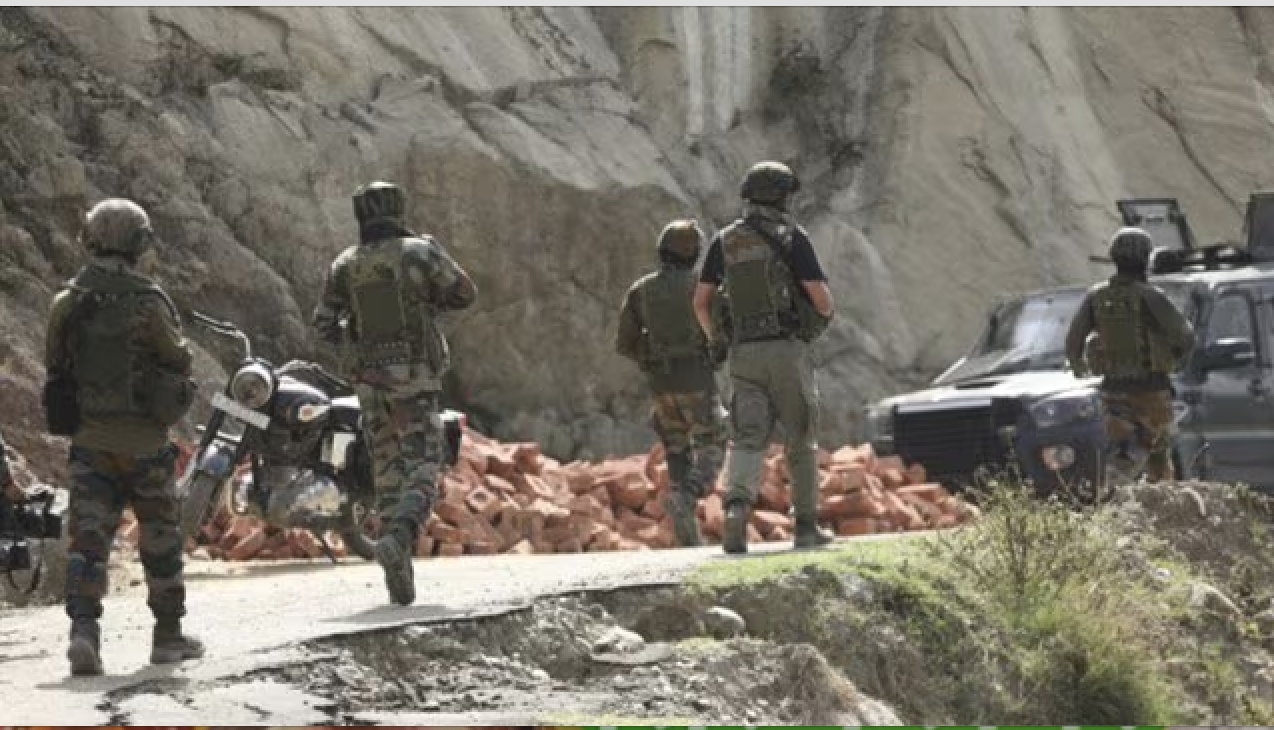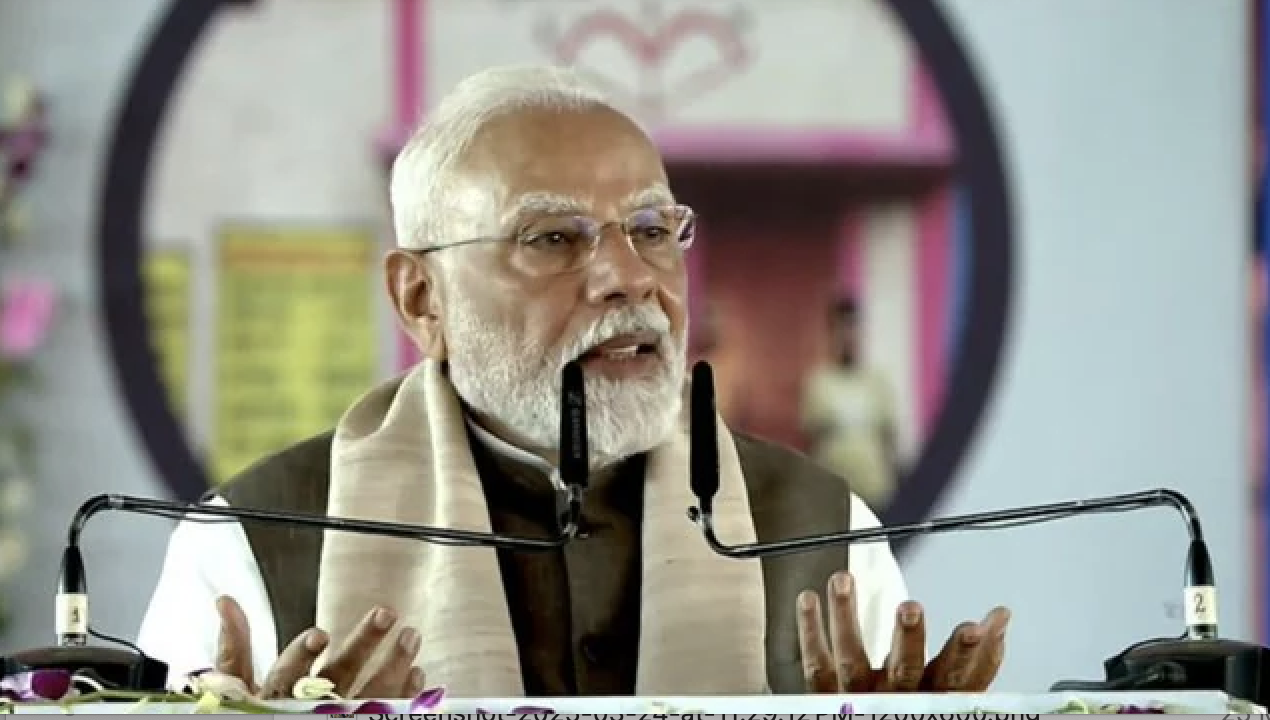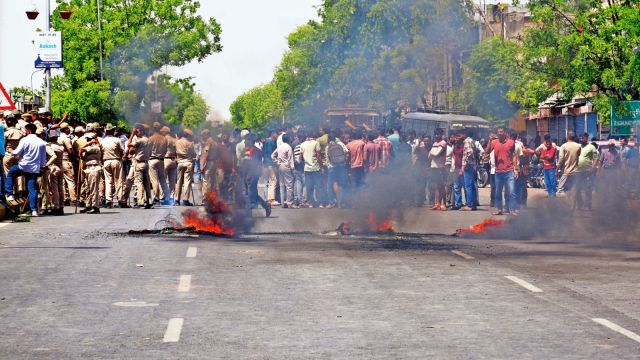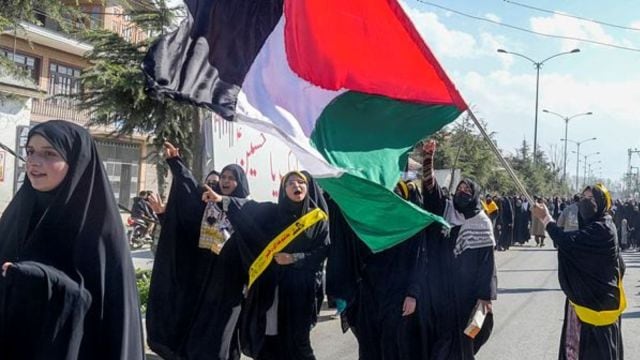
The recent Hindu-Muslim violence in Leicester has sent shock waves through the local community, the United Kingdom and the globe.
Having been born in the city and grown up in a small town just 14 miles away, like most people in the area, I was disturbed to hear that communal violence had spread in what has historically been a harmonious place. Leicester has always been heralded as a beacon of multiculturalism, a model city where people from all backgrounds, religions, and areas of the world have settled together and continue to live in kinship.
For me, Leicester was the big city I would visit for special occasions; we’d drive to see the stunning lights and celebrations at Diwali, and perhaps visit the market where people of all creeds and colors would assemble to barter for prized goods. If I was fortunate, we’d go to watch Leicester City play football, joining the other thousands of people to proudly sing ‘Come on Leicester’ in a joyous chorus, united against our only foes — Derby County, Nottingham Forest, and Coventry City.
Nonetheless, I instantly knew this story was about far more than a cricket match, as the media were reporting at that stage.
In fact, a mob of right-wing Hindu extremists had marched through a majority Muslim area, shouting the nationalist slogan ‘Jai Shri Ram.’ Having studied the rise of Hindu nationalism (Hindutva) in India and watched countless hours of footage of Hindu extremists chanting this phrase as they commit atrocities against India’s religious minorities, especially Muslims, I understood the root of the violence lay with Hindu nationalist ideology.
I never thought I would hear this nationalist slogan or see these attacks on the streets of Leicester.
Hindutva ideology is an extremist, right-wing Hindu ideology, that intends to turn India into a Hindu nation with restricted rights for its religious minorities, especially Muslims and Christians. It is central to almost everything India’s ruling Bharatiya Janata Party (BJP) government does, whether it be Home Minister Amit Shah’s use of the word ‘termite’ and ‘infiltrator’ to refer to Muslims, the Citizenship Amendment Act (CAA) which excludes Muslim refugees from gaining citizenship even if they come to the country after facing religious persecution, or the National Register of Citizens, which can remove citizenship from millions of India’s Muslims.
Hindu nationalist organizations, including the BJP, have been able to take advantage of social media and reach Hindus, regardless of their location, to spread hate speech and exclusionary beliefs.
Whilst it was somewhat shocking to see all of this play out so close to home and in a city that has always seemed to rise above divisions, it is important to remember that Leicester has invariably been somewhat affected by events in India. This is not particularly surprising for a city where 22.3% of the population is ethnically Indian. Amid the 1984 anti-Sikh Pogrom in Delhi, Sikhs were attacked on the streets of Leicester. Equally, during the 2002 Gujarat riots, presided over by the then Chief Minister and the current Prime Minister Narendra Modi, there were protests in the East Midlands city. But nothing on this scale has ever happened before.
This story was originally published in americankahani.com . Read the full story here






